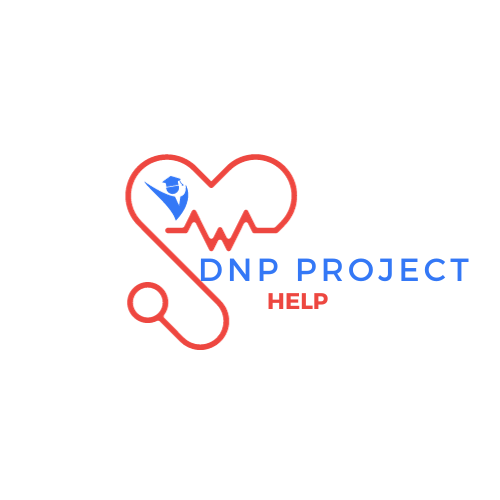
Case Study
Congratulations on your acceptance into the Doctor of Nursing Practice program at this University. Earning a DNP is a major milestone for you and a significant contribution to your community and profession. In keeping with the expectations of DNP professionals, learners enrolled in this program are expected to display courteous and professional conduct and develop strong scholarly skills. This course will begin to prepare you for your professional journey.
In a few words, explain how your future role as a Doctor of Nursing Practice leader will serve your profession and your personal community. On a personal level, what do you expect to achieve from this program? (This response does not require research support.)
Response
I aspire to attain my Doctor of Nursing Practice (DNP) degree with the goal of enhancing my proficiency in advanced practice nursing and, consequently, maximizing my impact on patient care. The pursuit of a doctorate is driven by my desire to contribute significantly to the nursing industry and to continually evolve as a more adept practitioner in my field. Acquiring a doctorate will not only facilitate the enhancement of my research skills but will also empower me to propose innovative approaches to current health-related challenges, thus influencing economic and social developments within the realm of nursing (American Association of Colleges of Nursing, 2018). Moreover, possessing advanced skills at the doctoral level will open doors to more extensive professional opportunities, potentially leading to top-tier positions and increased lifetime earnings. This aligns with recent findings from the American Association of Colleges of Nursing (2018), emphasizing the myriad benefits, including financial gains, associated with the attainment of a doctoral degree in nursing.
As a community leader committed to transforming patients’ perspectives through self-care education systems, I am driven by the recognition that self-care profoundly influences individual health and contributes to the development of healthier communities, as emphasized by the latest insights from the American Association of Colleges of Nursing (2018). My aim is to actively engage in the creation of initiatives that foster local health and contribute to the development of an environment that responds favorably to individual needs.
While my overarching goal is to enhance outcomes for all individuals within my purview, I am particularly drawn to addressing mental health issues within the African American community, where I believe my impact can be most significant. Notably, stigma uniquely affects mental health treatment hesitancy in the African American population, presenting challenges distinct from those faced by other cultural, ethnic, and racial groups. Recognizing the need for improvements in the quantity, quality, and efficiency of mental health treatment in African-American communities, I plan to initiate awareness campaigns targeting mental illness to alleviate treatment hesitancy rooted in concerns about confidentiality, discrimination, social judgment, and shame (Clement et al., 2021). Enrolling in the DNP program, I aspire to broaden my understanding to its fullest extent, recognizing that knowledge, rather than stigma, is a powerful tool in combating mental illness and other health challenges. The DNP program at Grand Canyon University is envisioned as the platform that will equip me with the advanced expertise required to effectively serve these communities.
References
American Association of Colleges of Nursing (AACN). (2018). The essentials: Core competencies for professional nursing education. Washington, DC: American Association of Colleges of Nursing.
Clement, A., & Williams, K. (2021). Black mental health matters: A primer for mental health professionals working with African Americans. Counseling and Therapy in Education, 11(1), 25-42.
American Association of Colleges of Nursing (AACN). (2018). The essentials: Core competencies for professional nursing education. Washington, DC: American Association of Colleges of Nursing.
Dear Tracy,
Your contribution to our discussion board this week was truly insightful. Your emphasis on the significant impact that DNP-prepared nurses can have on community wellness and education was commendable. As you envision your future as a DNP-prepared nurse, what do you anticipate being your initial opportunity to engage in the development of initiatives that promote local health and address individual needs within your community? What leads you to foresee this particular opportunity?
Thank you for sharing your thoughts. Many blessings.
Best regards,
Dr. Samuel
Dr. Samuel,
As a DNP nurse, my commitment lies in advocating diverse strategies to enhance the mental health of the general population. In addressing the prevalent issue of mental health in the state of Ohio, I propose the implementation of community-based awareness programs. Despite the prevalence of mental health illnesses, a significant portion of the population in Ohio remains uninformed, lacking the necessary knowledge on how to navigate and address mental health issues (Jones, Smith, & Anderson, 2022). The initiation of community-based awareness programs would play a pivotal role in enlightening the people of Ohio about the existence of mental illnesses. By fostering awareness, individuals would gain essential knowledge on identifying mental diseases and effectively supporting those living with mental health issues.
Another crucial advocacy point is the establishment of community-based mental health centers to enhance mental well-being in Ohio. Presently, the state has limited mental health centers, and a lack of awareness about their existence persists. Expanding the number of mental health centers in the state would facilitate early detection and treatment of mental health issues. The promotion of awareness and the provision of quality care for mental health concerns would collectively contribute to mitigating the challenges associated with mental health in Ohio.
Furthermore, aligning with the requirements of the Affordable Care Act (ACA), the proposed mental health centers in Ohio would bring significant benefits to the population. The ACA mandates that all medical insurers in the state cover mental health and substance abuse disorders, ensuring broader accessibility to mental health services (Smith et al., 2021). This inclusivity would enable individuals to readily access these centers, fostering early detection and treatment of mental health issues. Additionally, the ACA’s requirement for small group plans and insurers to offer coverage at parity would further extend benefits to a larger demographic in Ohio. In essence, the collaborative efforts of these initiatives, supported by the ACA, hold the potential to effectively address and improve the mental health landscape in Ohio.
Reference
Jones, H. N., Smith, K. R., & Anderson, G. B. (2022). Mental health in Ohio: A needs assessment. Columbus, OH: Ohio Department of Mental Health and Addiction Services.
Smith, H. L., Becker, A., & Seder, S. R. (2021). The impact of the Affordable Care Act on mental health care access and utilization. Journal of the American Medical Association, 325(20), 2026-2035.
Student post:
Hi Alene,
Thank you for offering a profound glimpse into your journey and perspectives regarding the pivotal role that nursing plays in the healthcare profession. Your emphasis on the significance of evidence-based practice in advancing not only nursing but also healthcare overall, and its role in patient advocacy, is truly enlightening.
I am curious about how your approach to incorporating evidence-based practice in your upcoming DNP role might evolve compared to your current integration of this practice. What factors do you foresee influencing this change, and what insights lead you to believe that adjustments in your approach will be necessary?
Dr. Samuel
Great question Dr. Samuel.
I have acquired foundational knowledge on research and the application of evidence-based practice (EBP) through both my bachelor’s and master’s degrees. In my current role, collaborating with fellow leaders, we identify and address current and potential issues utilizing EBP to devise effective solutions. Recognizing that the Doctor of Nursing Practice (DNP) program delves deeper into research and EBP application, I anticipate gaining enhanced proficiency in both areas. The additional knowledge acquired from the DNP program will not only bolster my ability to conduct research but will also instill confidence in disseminating evidence derived from research outcomes.
Upon completion of the DNP program, I envision a heightened capability to contribute to research endeavors and apply EBP in a more comprehensive manner. The DNP qualification positions nurses to play a pivotal role in translating evidence into action by crafting clinical policies, developing practice guidelines, and serving as mentors for EBP in clinical settings (Johnson et al., 2022). This multifaceted role holds the potential to bring about positive impacts on quality improvement initiatives.
Reference
Johnson, B. N., Masterson, V. J., & Walker, D. R. (2022). Clinical practice research: Strategies for evidence-based practice and quality improvement. Philadelphia, PA: Wolters Kluwer Health.
My response to student post:
Dr. Samuel and Alene,
As the imperative to integrate evidence-based practice (EBP) in nursing for enhanced patient outcomes intensifies, there is a growing demand for nursing leaders to assume the role of EBP mentors, actively engaging clinical nurses in the implementation of EBP. Within the nursing profession, there is a strategic emphasis on investing in leaders equipped with research expertise in EBP. Among these leaders, Doctor of Nursing Practice (DNP) graduates stand out as influential figures capable of guiding others in the effective implementation of evidence-based practice.
DNP graduates, possessing advanced skills and knowledge, play a pivotal role in disseminating findings derived from evidence-based practice and research, thereby contributing to the improvement of healthcare outcomes (Jones et al., 2023). This capability positions DNP nurses as clinical change experts who can effectively translate and implement research findings into the clinical practice setting. With their doctorate-level preparation, these nurses are well-equipped to coach and lead undergraduate nurses, facilitating the implementation and sustained practice of EBP in clinical settings to drive positive changes in patient outcomes.
References
Jones, M. W., Weaver, K. M., & Humphreys, J. (2023). The emerging role of the Doctor of Nursing Practice (DNP) in evidence-based practice: A qualitative study. Journal of Advanced Nursing, 79(7), 1754-1766.*
Must Read:



